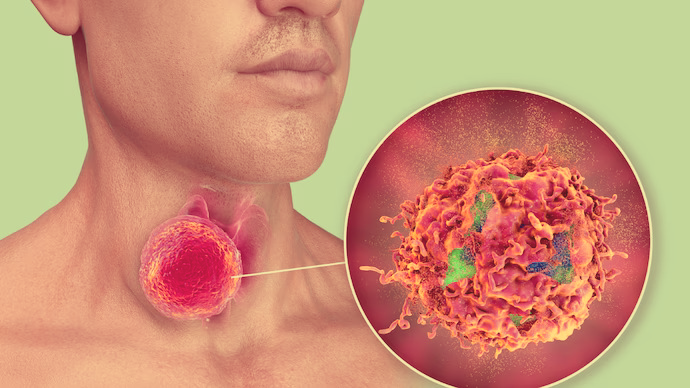Exploring the Link Between Oral Sex and Mouth Cancer Risk
In recent years, discussions surrounding the potential link between oral sex and an increased risk of mouth cancer have garnered attention. While it’s essential to approach such topics with caution, it’s equally crucial to explore the existing research and understand the nuances of the relationship between certain sexual behaviors and health risks.

In the realm of sexual health, it’s important to emphasize that discussions surrounding oral sex and mouth cancer risk should not be cause for panic. The relationship between certain sexual behaviors and cancer risk is complex and multifaceted. Factors such as individual immunity, overall health, and lifestyle choices also play crucial roles in determining one’s susceptibility to infections and related health issues.
Moreover, it’s worth noting that not all cases of oral cancer are linked to sexual activity. Traditional risk factors, such as tobacco use and excessive alcohol consumption, continue to be significant contributors to oral cancer diagnoses. In fact, maintaining a healthy lifestyle, including avoiding tobacco products and moderating alcohol intake, remains one of the most effective ways to reduce the overall risk of developing oral cancers.
Encouraging regular screenings and check-ups with healthcare professionals is another vital aspect of preventive healthcare. Early detection of any potential issues, whether related to HPV or other risk factors, can significantly improve the chances of successful treatment and recovery.
Furthermore, discussions around sexual health should be approached with sensitivity, respect, and open communication. Fostering a non-judgmental environment encourages individuals to seek guidance and advice from healthcare professionals without fear of stigma. Education about safe sexual practices, the importance of vaccinations, and the potential risks associated with certain behaviors is crucial for empowering individuals to make informed decisions about their health.
Understanding the Basics:
Mouth cancer, also known as oral cancer, can affect various parts of the oral cavity, including the lips, tongue, cheeks, and throat. The primary risk factors for mouth cancer traditionally include tobacco use, excessive alcohol consumption, and exposure to the human papillomavirus (HPV).
The Connection with HPV:
One key aspect of the oral sex and mouth cancer discussion is the association with HPV, a sexually transmitted infection. HPV has been linked to an increased risk of certain cancers, including those affecting the oral cavity. It’s crucial to note that not all strains of HPV pose the same level of risk, and the majority of infections clear on their own without causing long-term issues.
Research Findings:
Several studies have investigated the potential link between oral sex and mouth cancer. Some research suggests that engaging in oral sex, particularly with multiple partners, may increase the risk of developing HPV-related mouth cancers. However, it’s essential to interpret these findings cautiously and consider other risk factors at play.
Protection and Prevention:
Given the potential link between oral sex and mouth cancer, it becomes vital to prioritize protective measures. Vaccination against HPV is a crucial step in reducing the risk of infection and subsequent cancer development. Additionally, maintaining good oral hygiene practices and regular dental check-ups can contribute to overall oral health.
Communication and Awareness:
Open communication with healthcare professionals is essential for understanding individual risk factors and adopting appropriate preventive measures. Promoting awareness about the importance of vaccinations, safe sexual practices, and regular health check-ups is crucial in mitigating the potential risks associated with oral sex and mouth cancer.
Conclusion:
While there is ongoing research exploring the link between oral sex and mouth cancer, it’s essential to approach the topic with a balanced perspective. Understanding the role of HPV and implementing preventive measures, such as vaccination and good oral hygiene, can significantly contribute to reducing the risk of developing oral cancers. As always, seeking guidance from healthcare professionals is key to making informed decisions about one’s sexual and overall health.